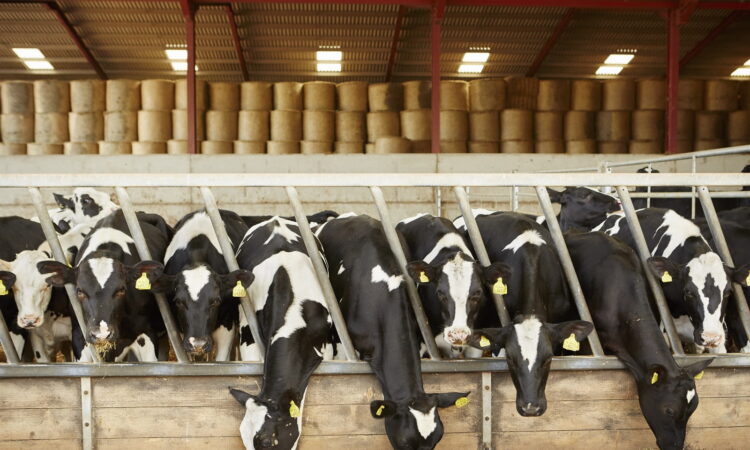
In line with its cautious approach, UK Labour said very little of note on the European Union during the recent election campaign. However, Sir Keir Starmer did state unequivocally that the United Kingdom would not rejoin the EU in his lifetime, nor seek to become an associate member of the single market or customs union.
At the same time, Starmer has expressed a desire for a warmer relationship with the EU, and has flagged the review of the UK–EU Trade and Cooperation Agreement (TCA) – scheduled for 2025-26 – as his preferred window for pursuing concrete outcomes.
Following Labour’s resounding election victory on 4 July, attention now turns to how the government translates broad policy directions into specific measures.
Following Labour’s resounding election victory on 4 July, attention now turns to how the government translates broad policy directions into specific measures, particularly on future UK-EU trade relations where there remains significant UK business sector criticism of the shortcomings of the TCA.
At a time when the new UK government gives the impression of wanting to pursue policies that promote sustainable economic growth and lift productivity, reducing barriers to the UK’s trade with the EU would seem an attractive area for attention.
While the domestic political obstacles to this track of work are obvious, the Sunak-engineered Windsor Framework has lowered the temperature around UK-EU relations. And some new faces in the EU institutions in Brussels could help too in turning the page on the Brexit-era climate of mistrust and suspicion.

Two specific ideas were flagged by UK Labour in its election manifesto for putting flesh on the bones of its undertaking to improve relations with the EU. The first was a commitment to negotiate a “veterinary agreement to prevent unnecessary border checks”. And the second was to pursue an agreement on the recognition of professional qualifications to “help open up markets for UK service exporters”.
The case for a veterinary agreement would seem to offer clear benefits for the UK, particularly given the scale of agri-food trade across the border between Ireland and Northern Ireland. That trade has inevitably been impacted by the imposition of border controls between the UK and the EU after the UK left the single market and customs union. Evidence suggests that these controls have had a downward impact on UK agri-food exports to the EU.
The aim of a veterinary agreement would be to align and harmonise veterinary standards and regulations as they relate to animal health (and welfare) to reduce and potentially eliminate the need for border controls and inspections. A recent analysis by the British think tank, UK In a Changing Europe, has found that such an agreement could potentially lift UK agri-food exports to the EU by more than 20 per cent over time.
From the Australian government’s viewpoint, there are unlikely to be alarm bells at the Starmer government’s approach to future UK trade relations with the EU.
Aside from the formidable task of mobilising support for such an initiative in Brussels and EU member states, a key challenge for the UK would be how to negotiate such a deal without compromising its regulatory sovereignty. If there was an actual or perceived impression that the UK would become a regulation/rule-taker via such a deal, it would be hard to see it securing political support in the UK. While a deal is technically achievable, a successful negotiation would require considerable political maturity on both sides of the table.
On the other hand, an EU-UK deal on the recognition of professional qualifications would seem to offer only limited benefits. The UK exited the EU’s mutual recognition arrangements for professional qualifications in January 2021, and while the TCA commits both sides to developing detailed reciprocal recognition arrangements in the future, on a sector-by-sector basis, no timetable is specified.
More importantly, any agreement on the recognition of professional qualifications would be of limited commercial significance when there is zero prospect of a shift in the positions of either side on the vexed issue of freedom of movement.
In addition to these issues, UK Labour has also flagged its possible interest in a deal with the EU on REACH (the EU’s system for regulating the manufacture and imports of chemicals). There has also been some commentary on the pros and cons of aligning the UK’s and EU’s carbon border adjustment schemes to minimise trade distortions.
From the Australian government’s viewpoint, there are unlikely to be alarm bells at the Starmer government’s approach to future UK trade relations with the EU. If a UK-EU veterinary agreement is finalised, both sides would still need to comply with their commitments under the World Trade Organisation agreement on sanitary and phytosanitary standards. And Australia’s free trade agreement with the UK legally secures its agri-food access to the UK market. A UK-EU professional qualifications agreement would not negatively impact Australia’s own arrangements with the UK in this space.
Given the scale of the challenges facing global trade now and over the horizon, Australia should welcome an improvement in UK-EU relations. In the period ahead, all countries that support the international trade rules system, particularly Australia, the UK and the EU, will need to be unified in standing against measures that would weaken its key pillars.






